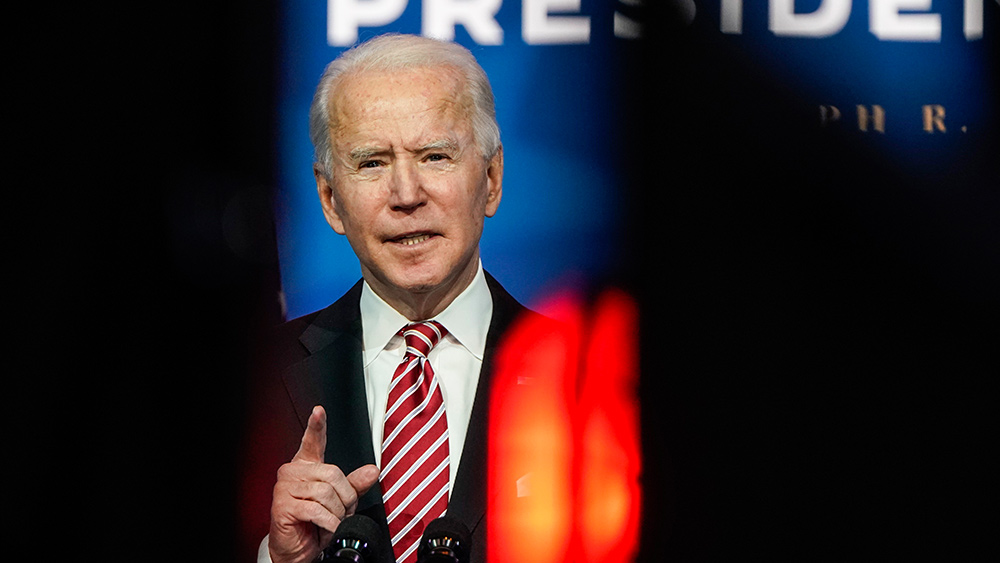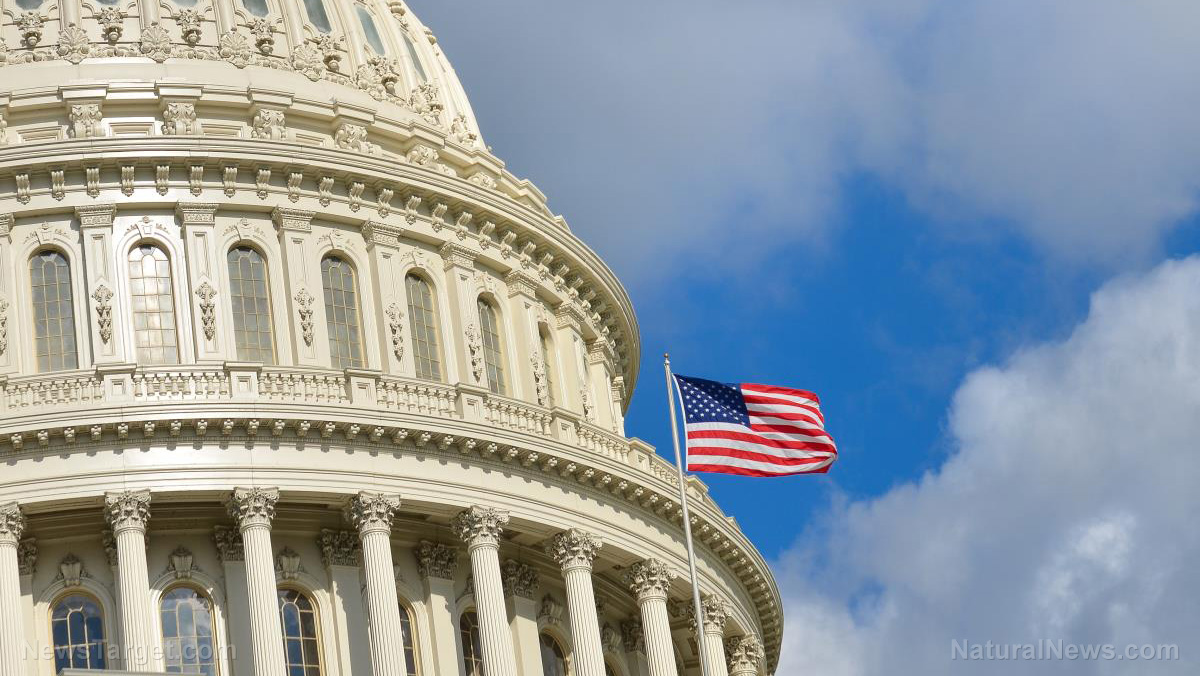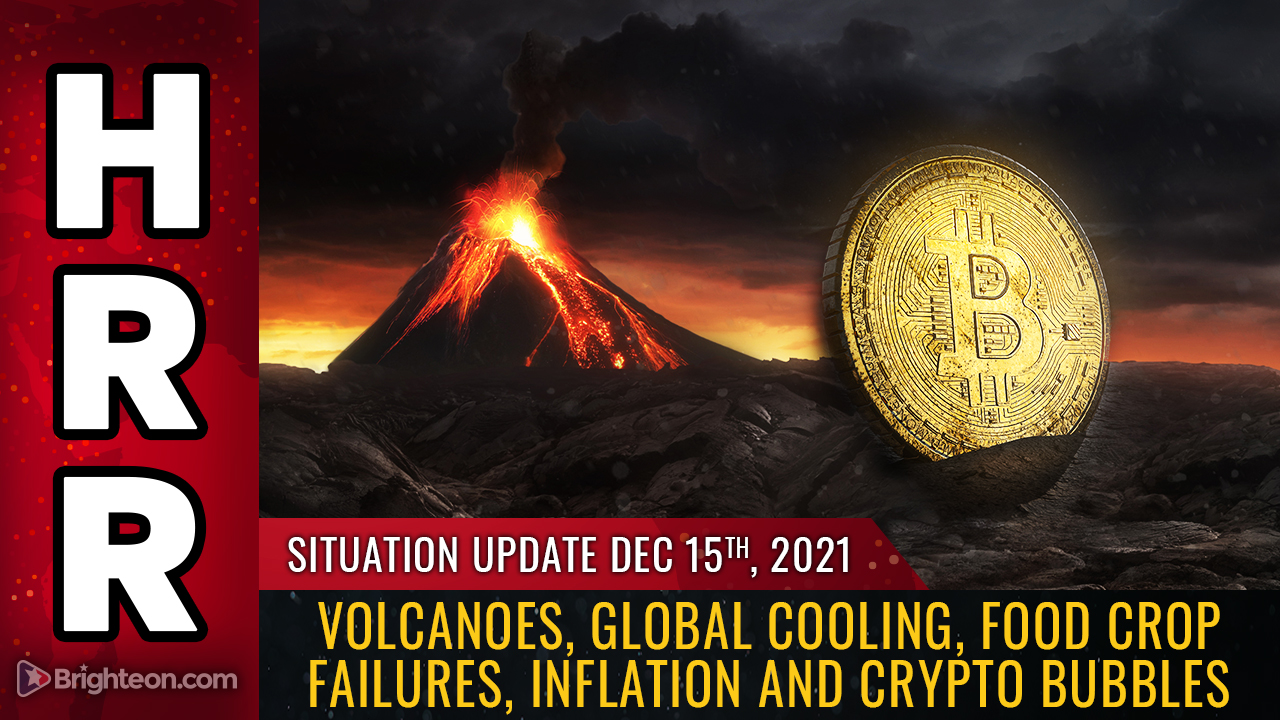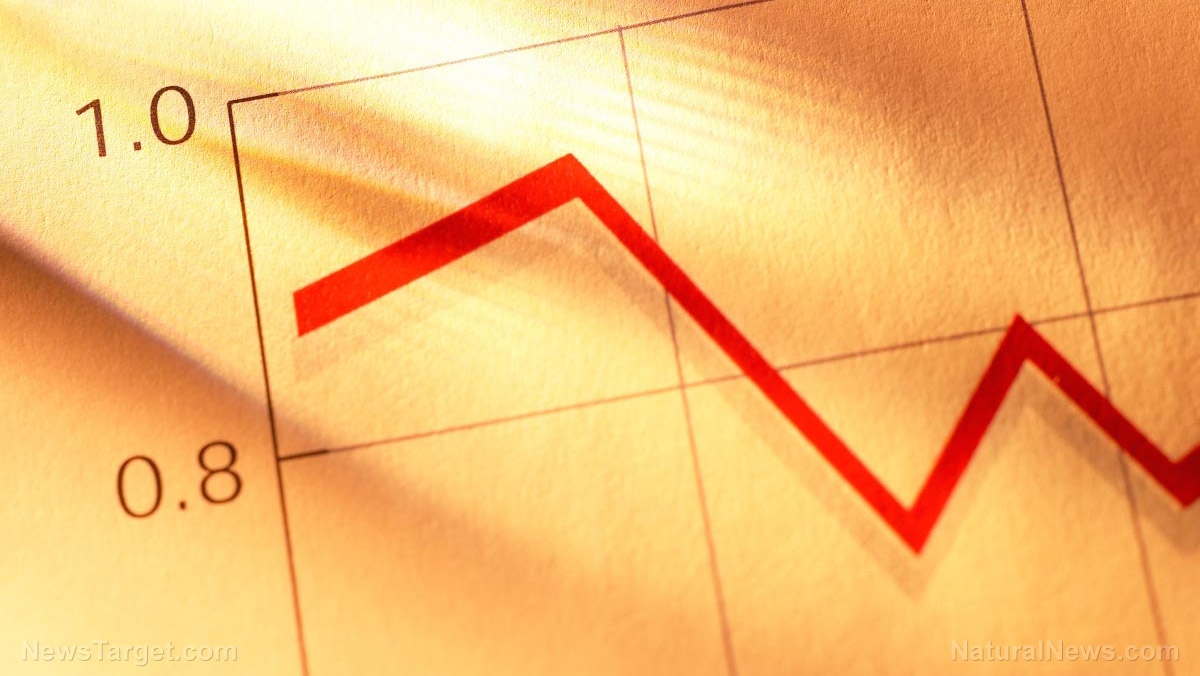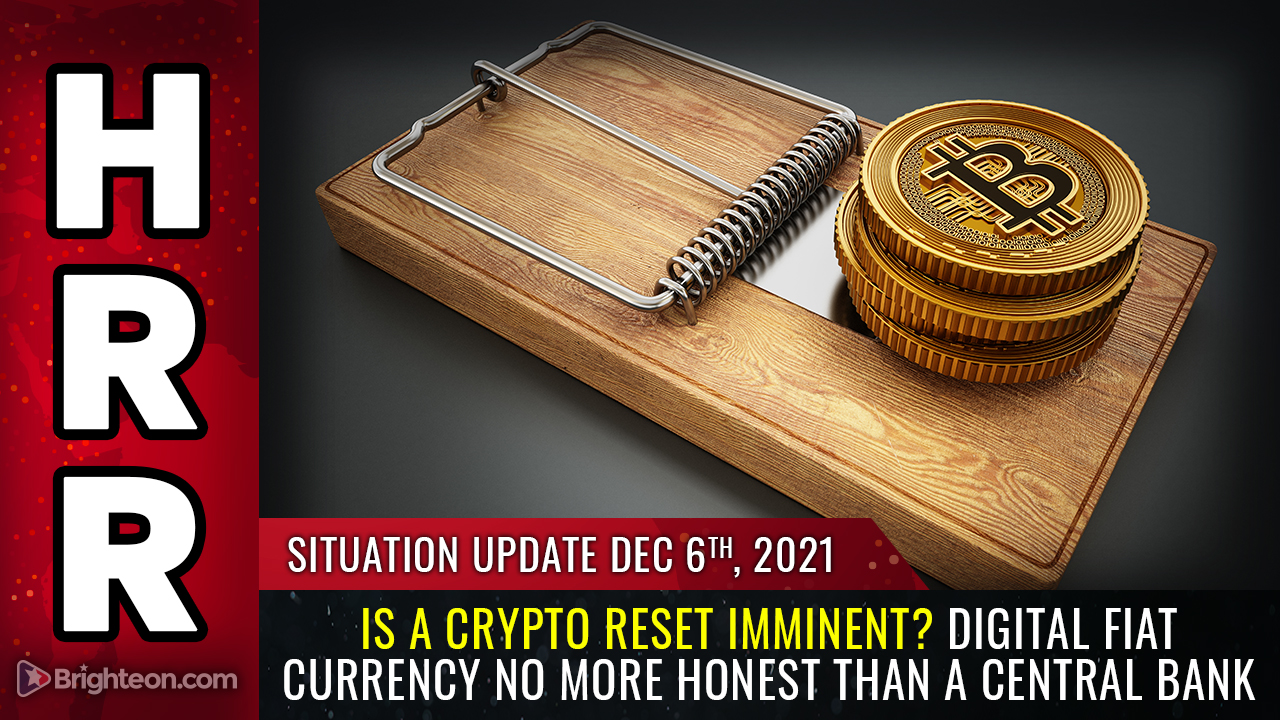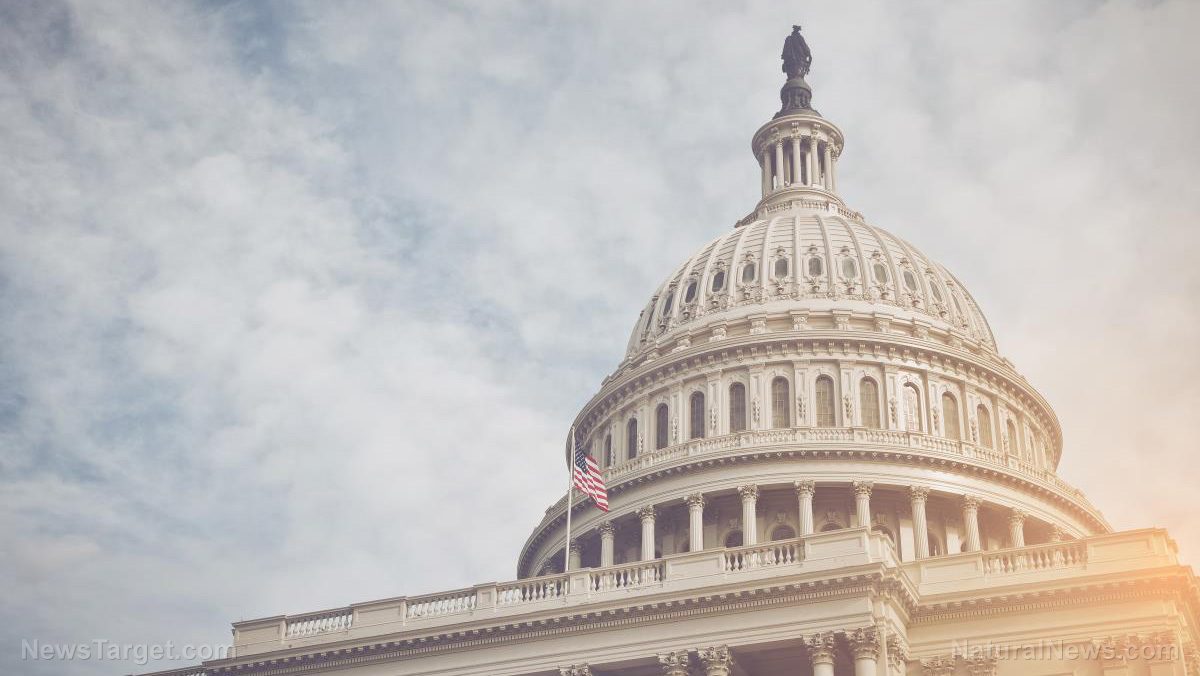Expert: US could approach “high-inflation era” soon
10/08/2021 / By Ramon Tomey

An economic expert has warned that the U.S. may be nearing an era with high inflation rates. Capital Economics Chief Market Economist John Higgins claims that inflation will remain “significantly higher on average” over the next decade. His forecast comes amid different economic issues plaguing various parts of the world that threaten to increase prices.
“We envisage a future in the U.S. in which inflation is significantly higher than it has been in the past decade – but still only moderately above target, economic growth remains healthy as supply constraints ease, and the [Federal Reserve] doesn’t press very hard on the brakes on monetary policy,” Higgins write in a paper titled “What would an era of higher inflation mean for markets?”
The economist makes the following assumptions:
First, inflation in most advanced economies and many emerging markets will remain below 5 percent. However, Higgins adds that “the risks to this view lie more to the upside than the downside.”
Second, the headline consumer price index rate in the U.S. could average around 3 percent later in the 2020s compared to the below 2 percent levels in the 2010s.
Third, the U.S. monetary policy under the Federal Reserve could remain “very accommodative” in the next few years – in light of its flexible average inflation-targeting approach.
However, Higgins projects a grim outlook for low-yielding and safe U.S. assets. He forecasts that these assets, such as Treasury bonds, will see “paltry or even negative” returns in the next few years or more. On the other hand, the economist sees “positive” returns for the riskiest U.S. assets, such as stocks. But Higgins clarifies that these positive returns fall far short of the “spectacular” returns from early 2020.
The economist’s warning comes amid central banks worldwide acknowledging that price gain increases in many advanced countries may stay that way for some time. Supply chain issues in the U.S. and other countries also contribute to higher inflation.
Impacts of inflation are felt worldwide
Capitol Economics Senior Global Markets Economist Jonas Goltermann notes that higher and more unstable inflation in many major economies results in “a rise in exchange rate volatility,” leading to currencies of countries with higher inflation depreciating over time.
Goltermann writes in a note that the economies of the U.S., the U.K., Canada and Australia “are more at risk of sustained higher inflation” among the group of developed economies. “Their currencies will weaken in nominal terms relative to the currencies of many European and Asian economies, where we expect inflation to remain subdued,” he adds.
He also mentions several countries at risk of inflation picking up, thereby threatening their currencies. Goltermann says: “Within the group of major emerging markets … Brazil, Colombia, South Africa, Indonesia and the Philippines are at risk of a significant pickup in inflation, which would undermine their currencies.” The economist points out that the economies of Argentina and Turkey have inflation rates lingering in the double-digit range in recent years. (Related: Survey: Argentinians believe inflation will hit 50% in 2022.)
Different events worldwide have contributed to the prolonged inflation rate. First, China has announced a crackdown on projects that consume huge amounts of energy. Chinese National Development and Reform Commission (NDRC) spokeswoman Meng Wei said on Aug. 17 that nine provinces and regions in China saw their energy consumption increase during the first half of 2021.
“The national energy conservation situation is very severe,” she said at the time, adding that the NDRC has stopped reviewing project proposals for the nine locations for new high-energy projects without national government support.
Aside from this, ports in the U.S. West Coast are experiencing serious delays – with many vessels waiting to unload their cargo. The delays coupled with short supply have driven up prices for many products as Americans gear up for the holidays. (Related: West Coast ports logjammed with about container 60 ships still waiting to dock; supply lines continue to suffer disruptions.)
Collapse.news has more articles about the impacts of heightened and prolonged inflation.
Sources include:
Tagged Under: big government, Bubble, consumer price index, debt collapse, economic collapse, economic forecast, Federal Reserve, Inflation, market crash, price hike, prolonged inflation, risk, supply chain, supply delays
Get independent news alerts on natural cures, food lab tests, cannabis medicine, science, robotics, drones, privacy and more from NewsTarget.com
Get independent news alerts on natural cures, food lab tests, cannabis medicine, science, robotics, drones, privacy and more from NewsTarget.com
RECENT NEWS & ARTICLES
COPYRIGHT © 2017 DEBT COLLAPSE NEWS

